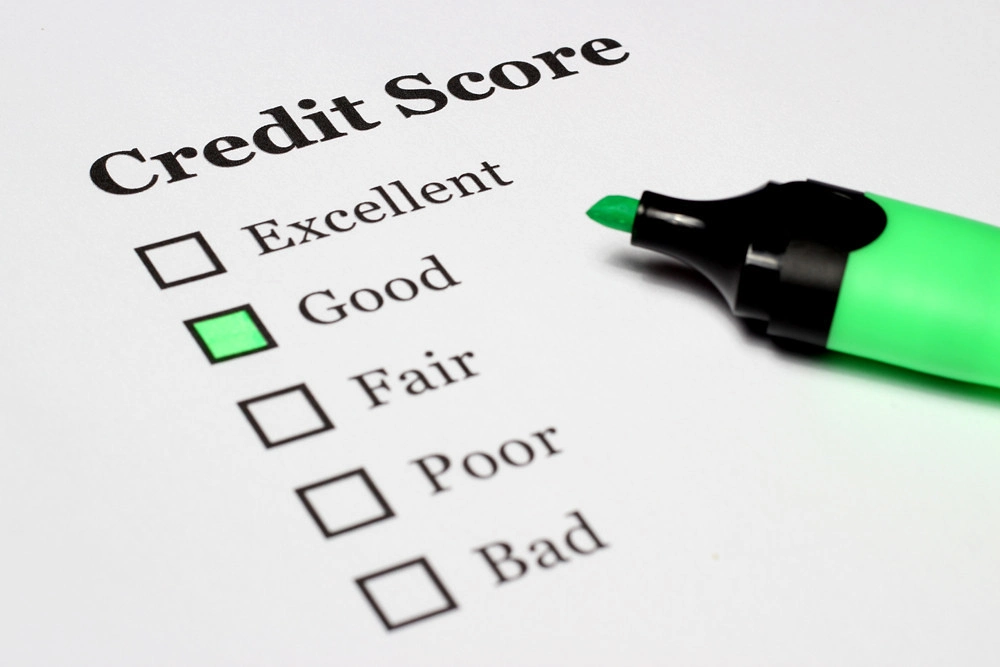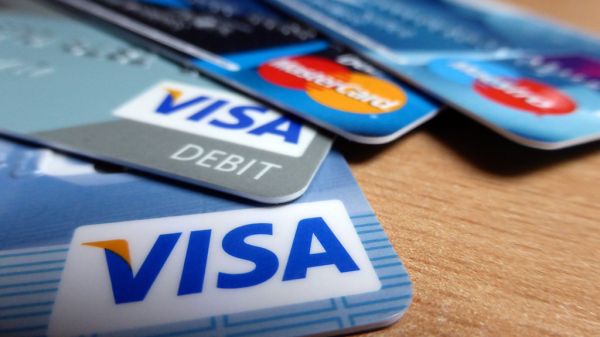A good credit score is essential to getting the best deals on loans, credit cards, and insurance. It can also increase your ability to rent an apartment or get a job and even boost your overall financial security. However, credit proves to be a significant hurdle to financial stability and success for Black Americans.
A recent survey shows about 54% of Black Americans report having a fair or poor credit score, to no credit at all, in contrast to their White counterparts at 37%. And this racial gap comes at a very high cost.
Become an insider. Subscribe to our newsletter for more top trending stories like this!

Having poor credit results in several financial consequences, including being denied a credit card or getting charged higher interest rates on loans which can also affect one’s mental health, employment, relationships, ability to get a car loan, or even lease a cell phone.
If you’re a Black American planning to apply for credit or have faced challenges getting approved for a credit card, loan, or lease, increasing your credit score becomes vital. And it is advisable to establish a strong credit history as soon as possible in such circumstances.
So if you are looking to improve your credit score and take control of your finances but don’t know how to get started, March is National Credit Education Month, and it’s an excellent time to learn how to improve your credit score. And this article highlights straightforward tips to get you started.
Here Are 7 Easy Tips on How to Improve Your Credit Score Fast
Check Your Credit Report
The first step to improving your credit score is to know where you stand. You can get a free copy of your credit report from each of the three major credit reporting agencies (Equifax, Experian, and TransUnion) once a year at AnnualCreditReport.com. Most creditors and lenders use these major credit bureaus for financial reports.
In addition to checking your report, ensure you have as minimal number of credit accounts as possible.

Make sure to review your report carefully for errors or inaccuracies that could be hurting your score. Request for free credit reports over short period of time especially if you’re thinking of financial projects. If need be set alerts for such documentation and always remember to file for disputes in case of any errors.
Join our Spotcovery Global Black Community Facebook Group for early access to exclusive content and share in a lively discussion.
Pay Bills on Time
Payment history is the most critical factor in determining your credit score. And no credit improvement plan would work if you don’t pay your bills on time. Late payments can stay on your credit report for up to seven years.
So it’s essential to pay your bills on time every month. This pops up when your lender seeks hard inquiries. Your lender or creditor will always check your credit whenever you apply for a new line of credit.
Set up automatic payments or reminders to help you stay on track. Don’t be late on your rent payments, mortgages, student loans or auto loans. Such will contribute to a higher credit score. Always ensure the negative entries already paid off are removed from your report.
Keep Your Credit Utilization Low
Your credit utilization is the amount of credit you use compared to your available credit limit. It is best to keep your credit utilization ratio below 30% to maintain a good credit score. If you’re using too much credit, consider paying down your balances or asking for a credit limit increase.
Become an insider. Subscribe to our newsletter for more top trending stories like this!
Remember, lenders want to see your established lines of credit. This means you should keep your accounts open even though you no longer use them. Such information contribute to the length of your credit history. A new credit card will help you build credit.
Smartly Pay Your Credit Card Debt
Your credit score influences the balance when the card issuer reports it to the credit bureaus. You should make sure it is low. Paying down the balance before the conclusion of the billing cycle or making many payments throughout the month to constantly keep your balance low are simple strategies to accomplish this.

Apply for a Secured Credit Card
A lengthy and favorable credit history can enhance your credit score significantly. If you’re new to credit, one of the best ways to establish or repair your credit is by getting a secured credit card. This type of credit card is secured by a cash deposit that you pay upfront and typically equals your credit limit.
Get Authorization
Ask to be added as an authorized user if a family member or acquaintance has a credit card account with a large credit limit and a solid track record of on-time payments. The credit limit on the account can help your utilization because it is added to your credit reports.
Deal with Accounts for Collections
Paying off accounts in collections eliminates the fear of being sued over debt, and you might be able to convince the collection agency to stop reporting the debt once you do. If collection accounts on your credit reports are inaccurate or too old to be included, you can also get them removed.
Improving your credit score takes time and effort, but it’s worth it. A better credit score can help you save money and achieve your financial goals. By following these tips, you can take control of your credit and improve your financial well-being.
Read Also: 10 Financial Tips From Black Financial Experts (Grow Wealth Today)
The list on how to improve your credit score is long. Ensure your credit utilization rate is low. Pay your credit card balances strategically. When your credit limit goes up, ask for higher credit limits. Always ensure you negotiate for lower interest rates for your loans.
Nearly 80% of consumers turn to directories with reviews to find a local business. List your business for free in our exclusive Spotcovery Black-Owned Business Directory.
Become an insider. Subscribe to our newsletter for more top trending stories like this!




